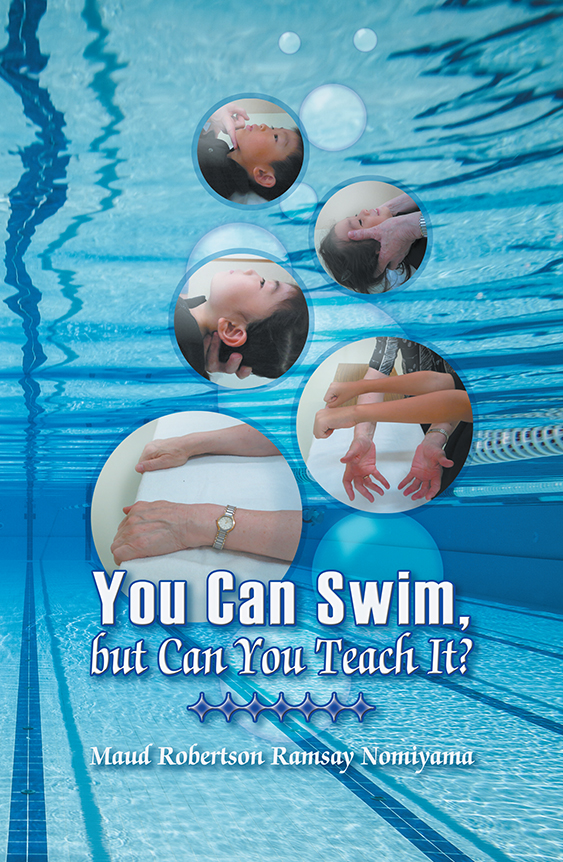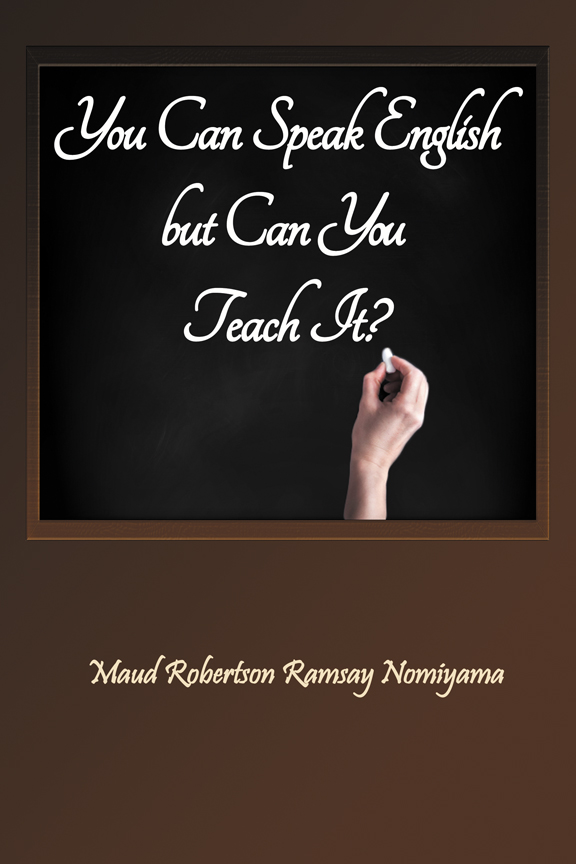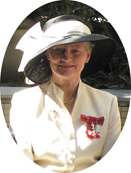About the Books

You Can Swim, but Can You Teach It?
This dynamic teaching book shows the difference between swimming coaches and swimming teachers.
You Can Swim, but Can You Teach It? helps swimmers to teach complete beginners how to swim.
It starts from how to enter the pool and takes the student through each step necessary until he can float. Then the different methods of swimming are studied.
The book was written after the author was consulted by a mother whose child had failed to learn how to swim, despite having many swimming lessons and the mother was about to give up. “I taught the seven-year-old lad and within two years had taught him to swim every stroke including the butterfly. At that time, I vowed to write the book, but it never materialized until the need to teach young members of staff how to teach swimming arose.”
 You Can Speak English but Can You Teach It?
You Can Speak English but Can You Teach It?
English as a second language is taught in many countries, yet many teachers are still teaching a form of English that they themselves would not use. They blind themselves to the fact that what they are teaching foreign students is bad English.
Having discovered this fact in many countries, author Maud Robertson Ramsay Nomiyama found the epitome of it in Japan. She says, “When I first reached Japan, I was fearful of the people, and this was mostly due to the aggressive and offensive English spoken by most of the English-speaking Japanese, including the teachers. When I discovered that the foreign teachers employed by the Japanese schools were promoting this type of English, I felt the need to write the book.”
She previously wrote the book My Doll for primary school students studying English as a second language.
“My daughter has a degree in economics from a Japanese university and a master’s degree in education (TOEFL majoring in bilingualism), and yet when she explained to people that what they were trying to teach was not, in fact, a correct form of English, she was ignored because that English was written in the book. A book, any book, in English was viewed as a holy grail by people, highly qualified people, who should have known better. I decided that we needed to have it in a book.”
The Power of the Pipes is a true story about starting up a bagpipe band in of all places, japan.
Author Maud Robertson Ramsay Nomiyama has successfully crossed cultural divides in her personal life, and reminisces in her latest book how her late father “would have been so proud of us marching in a pipe band in Japan.”
Her amazing tale tells how the band was started and the incredible things that happened, such as how she had to invent a method of writing music scores for tenor drummers and how she then had to invent a method of writing music scores able to be used by snare drummers of the nursery school age, “simply because we started a pipe band in Japan, despite tremendous odds.” Examples of this new method of writing drum music have been included..
As it unwinds, her story tells of the wonderful people with whom she came into contact as a result, and why they all listen to the beat of a different drummer. “These people were contacted and asked why they too started to play the pipes. It is their answers that form the backbone of the book.”
About the Author
 Maud Robertson Ramsay Nomiyama qualified as a primary school teacher (DCE) Diploma of College of Education, and then went back to college to qualify for an (ACE) Associate of College of Education, specialising in teaching the very young. She lectured in education at Motherwell College and travelled the world before settling in Japan, where she teaches at her own nursery school, Scottish Academy. She also teaches English as a foreign language and trains teachers of English as a foreign language.
Maud Robertson Ramsay Nomiyama qualified as a primary school teacher (DCE) Diploma of College of Education, and then went back to college to qualify for an (ACE) Associate of College of Education, specialising in teaching the very young. She lectured in education at Motherwell College and travelled the world before settling in Japan, where she teaches at her own nursery school, Scottish Academy. She also teaches English as a foreign language and trains teachers of English as a foreign language.

